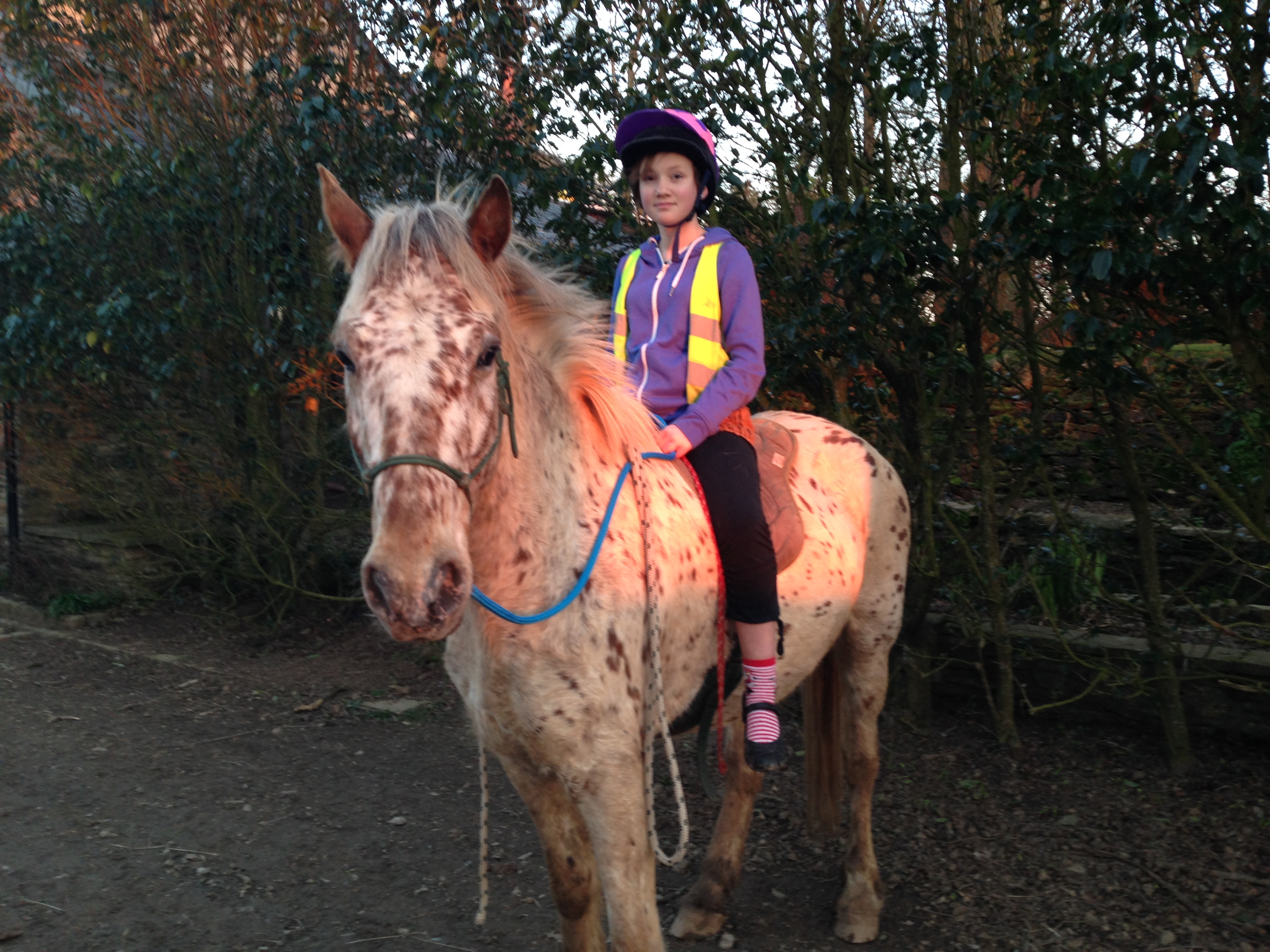We know horse get stressed. But do we realise just how much stress equines living in our domestic environment suffer?
Most of us have witnessed brutal behaviour towards equines at the hands of humans and the effects of such behaviour on the equine stay with them for life. But what about when long term ‘buddies’ are taken away, split up, moved on? This is also a very stressful time for horses and something few humans consider.
Horses can begin to become ‘hard work’, maybe they bite, nip, lunge, kick…maybe they hate having their feet trimmed, picked up, touched. Perhaps they hate it when their ears are touched, face, flanks….are ‘cinchy’ with their girths, swinging around to strike when the girths are tightened.
Frightened to go into the trailer, stable, yard. Run away and are difficult to catch when they see someone come into their field holding a halter – so the human tries to hide it behind their back. Rip off their rugs, attack other field mates, act like fire breathing dragons going out for what should be a gentle hack.
Thousands upon thousands of humans own horses they never ride, are simply too nervous to ride, because their horse, which they adore, is unpredictable and scary out on rides. Some are great in company, others are better alone, some freak out at the thought of leaving their field, friends, yard…..some go to a show once and never again because the stress for both horse and consequently human is just too much.
The list goes on and on and on. One thing I know for sure is that many MANY of the above problems can be helped by doing simple things such as changing the diet, the management, taking the shoes off, creating herds, even a herd of two, who live out 100% of the time in more interesting environments where hay is placed in different locations for them to mimic foraging behaviour.
Some horses are lucky and have owners who can create these types of environments for them and they become ‘better’ more settled horses because of it.
Ulcers are now recognised as one of the most common problems amongst domestic horses in our modern times and it is likely that more horses suffer from them than was ever first imagined!
Trauma from living in the domestic world can run very deep and I truly believe many horses suffer from PTSD. Which is why
, when I was contacted by a man called Bob Burdekin a few months ago, telling me about his New Wave Therapy Program and how it helps equines suffering from stress, I knew I had to know more.
Bob spent most of his life in the horse industry and in 2002 decided he wanted to look at alternative methods to helping horses who had stress related problems, so he could bring about positive changes in their lives.
When Bob met a horse called Oden, it made a profound impact on both of their lives. Oden was aggressive, he was a fighter, if you got close to his head he would reach out and bite you, biting the farrier and his owner on several occasions. On finding out more about Oden’s history, Bob realised that, just like the combat soldier
, the abused child or the emotionally abused woman, horses too can suffer from Post Traumatic Stress Disorder.
His article ‘Can horses suffer from PTSD?’ is a great read and is just one of the typically excellent and thought provoking articles we always have in The Barefoot Horse Magazine and you’ll find it in our latest Issue 20. You won’t find articles like this, written by such knowledgeable individuals as Bob Burdekin in pretty much any of the mainstream ‘horsey’ magazines, which is exactly why we exist.
So next time you hear someone complain that their horse is ‘naughty’ or worse needs to be put to sleep because their behaviour is too ‘dangerous’, maybe we need to take a different approach at trying to understand WHY!
Thanks for reading folks!
Lindsay, Editor
p.s. the horse in the top picture is Oden with Bob on one of their first meetings. The spotty horse below is one of my horses ‘Tony’ with my daughter Georgia. Before I met him he was aggressive and was heading towards being put to sleep. He came to live with my large herd, out 24/7, eating nothing but good mixed meadow hay, and within 48 hours the herd magic had already worked wonders…I was trimming him on my own with the rope on the ground. Does he still have issues? Without a doubt but nowadays we don’t tend to see them because Tony is one of the lucky ones.
